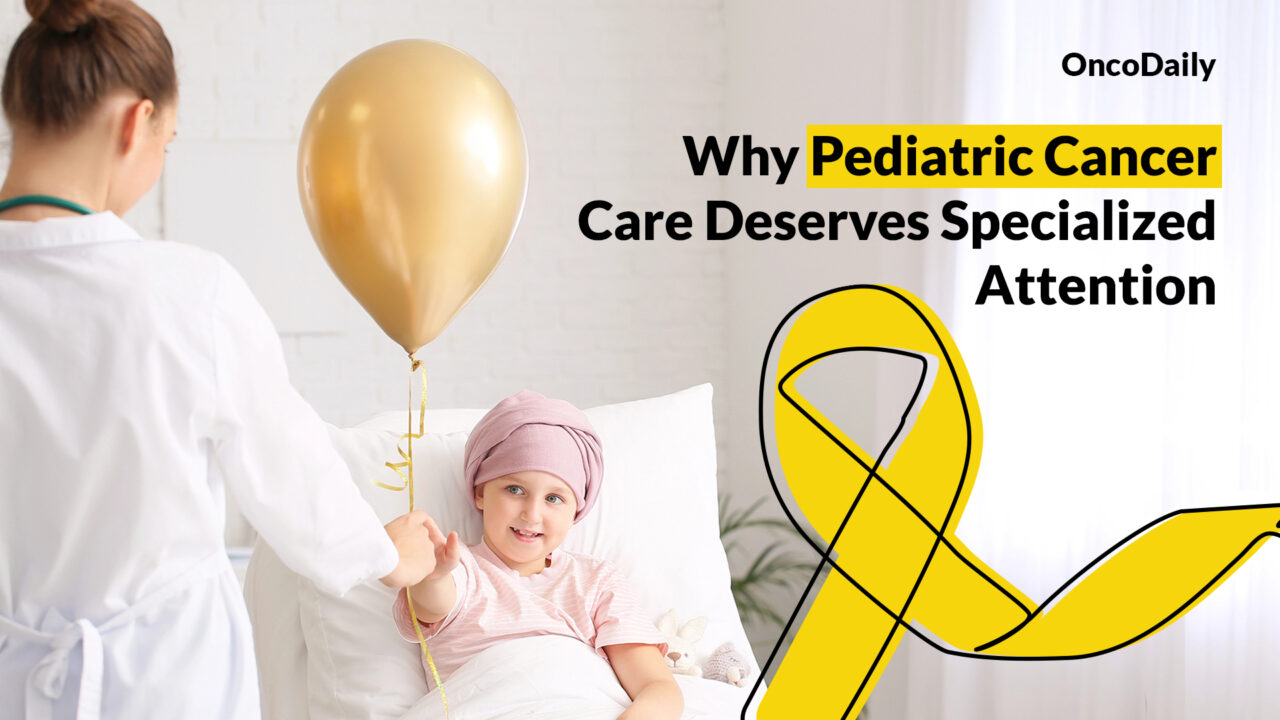Childhood cancer is a devastating diagnosis that affects not only the child but their entire family. The journey through treatment is often long, challenging, and filled with emotional, physical, and psychological hurdles.

Paediatric oncologists, specialized doctors trained to treat children with cancer, play a crucial role in ensuring that these young patients receive the care and support they need—not only to survive but to thrive.
Understanding Pediatric Cancers
Childhood cancers are rare but tend to be much more aggressive than cancers that affect adults. These cancers often arise in rapidly growing cells, impacting vital areas such as the blood, bones, and nervous system.
Paediatric cancers differ from adult cancers in that they often have no obvious cause and can appear suddenly, without warning signs.
Common types of pediatric cancers include leukemia, neuroblastoma, and osteosarcoma, among others.
Unlike adult cancers, which can sometimes be linked to lifestyle or environmental factors, pediatric cancers often strike unexpectedly, leaving families helpless and uncertain. Treating these cancers requires a specialized approach that takes into account the child’s developing body and mind.
Why Pediatric Oncologists Are Essential
Expertise Tailored to Children and Adolescents
Paediatric oncologists are specially trained to treat children and adolescents, who have unique medical and emotional needs.
Paediatric oncologists don’t just treat cancer—they treat the whole child, addressing both the physical and psychological aspects of recovery. They work to ensure that a child’s life, beyond just surviving cancer, remains as normal and fulfilling as possible.
Holistic, Family-Centered Care
The care provided by pediatric oncologists is not just about the child—it’s about the entire family. Treatment doesn’t happen in isolation, and the family plays a central role in the healing process. Pediatric oncologists often collaborate with child life specialists, family counselors, and psychologists to support not only the child but also their parents and siblings.
Pediatric oncologists ensure that both the child and their family receive the emotional and practical support they need throughout the treatment process.
The Benefits of Pediatric Oncology Centers
Children treated in specialized pediatric oncology centers benefit from a range of advantages:
Higher Survival Rates: Studies have shown that children treated in specialized centers have better outcomes and higher survival rates.
Access to Advanced Treatments: These centers offer cutting-edge therapies, including clinical trials, which are essential for treating rare and aggressive pediatric cancers.
Child-Friendly Environments: Pediatric oncology centers are designed to make children feel comfortable and supported. From play areas to staff trained in pediatric care, these centers ensure that children feel safe and cared for during their treatment.
The Importance of Survivorship Care
Paediatric oncologists don’t just care for children during their cancer treatment—they continue to provide support long after remission. Survivorship care is an integral part of pediatric oncology, ensuring that children are monitored for long-term side effects and any signs of cancer recurrence.


